Never-Ending Story: ‘Conversation About Race’ Has Not Brought Cultural Consensus
Share
Explore Our Galleries
Breaking News!
Today's news and culture by Black and other reporters in the Black and mainstream media.
Ways to Support ABHM?
By A.O. Scott, The New York Times
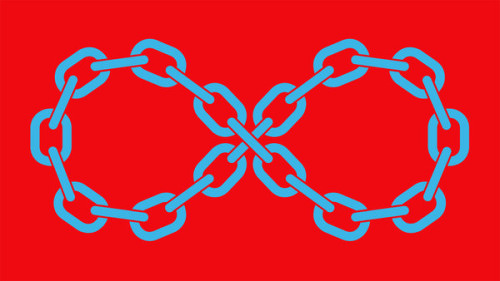
The “conversation about race” that public figures periodically claim to desire, the one that is always either about to happen or is being prevented from happening, has been going on, at full volume, at least since the day in 1619 when the first African slaves arrived in Jamestown. It has proceeded through every known form of discourse — passionate speeches, awkward silences, angry rants, sheepish whispers, jokes, insults, stories and songs — and just as often through double-talk, indirection and not-so-secret codes.
What are we really talking about, though? The habit of referring to it as “race” reflects a tendency toward euphemism and abstraction. Race is a biologically dubious concept and a notoriously slippery social reality, a matter of group identity and personal feelings, mutual misunderstandings and the dialectic of giving and taking offense. If that is what we are talking about, then we are not talking about the historical facts that continue to weigh heavily on present circumstances, which is to say about slavery, segregation and white supremacy.
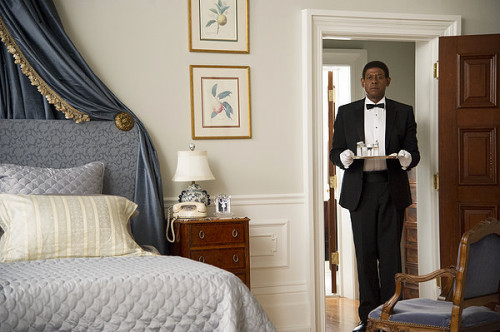
But of course we are still talking about all that, with what seems like renewed concentration and vigor. Nor, in a year that is the sesquicentennial of the Gettysburg Address and the semicentennial of the Rev. Dr. Martin Luther King’s “I Have a Dream” speech, are we simply looking back at bygone tragedies from the standpoint of a tranquil present. The two big racially themed movies of the year, “Lee Daniels’ The Butler” and Steve McQueen’s “12 Years a Slave,” are notable for the urgency and intensity with which they unpack stories of the past, as if delivering their news of brutal bondage and stubborn discrimination for the first time.
And one of the strange effects of this country’s anxious, confused, hopeful and delusional relationship to its history of racism is that such narratives often do feel like news, or like efforts to overcome willful amnesia.
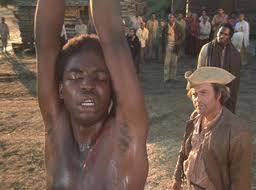
[…]
Such stories, of course, do not stay told. The moral, economic and human realities of slavery — to keep the narrative there for a moment — have a way of getting buried and swept aside. For a long time this was because, at the movies as in the political and scholarly mainstream, slavery was something of a dead letter, an inconvenient detail in a narrative of national triumph, a sin that had been expiated in the blood of Northern and Southern whites.
[…]
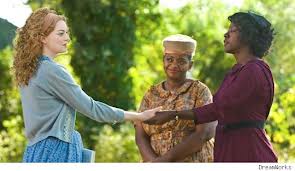
Some of us, perhaps including the white directors, are cheering for ourselves. Look how bad it used to be. Thank goodness — our own goodness — that it isn’t anymore.
[..]
[T]he troubling reality that now — even now, we might say, with a black president and a culture more accepting of its own diversity than ever before — the full citizenship, which is to say the full acknowledged humanity, of African-Americans remains in question. The only way to answer that question is to keep talking, and to listen harder.
Read the full article here.
Read more Breaking News here.
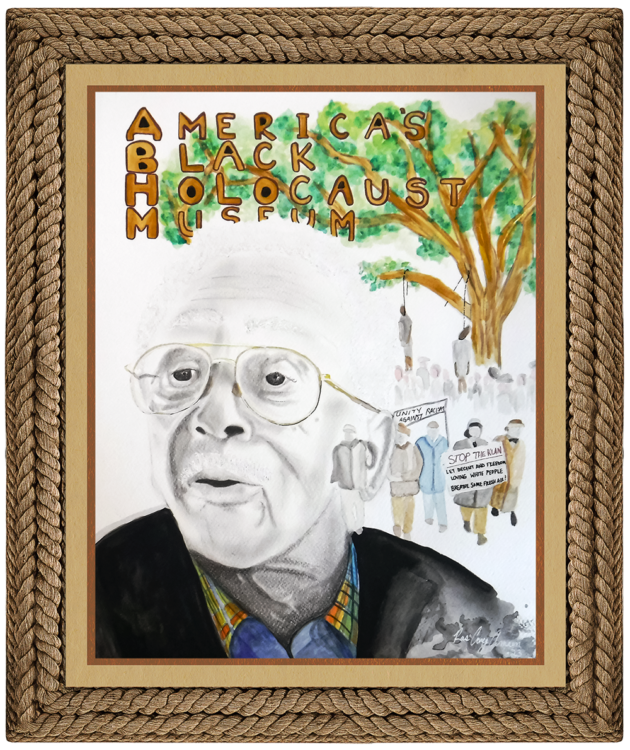
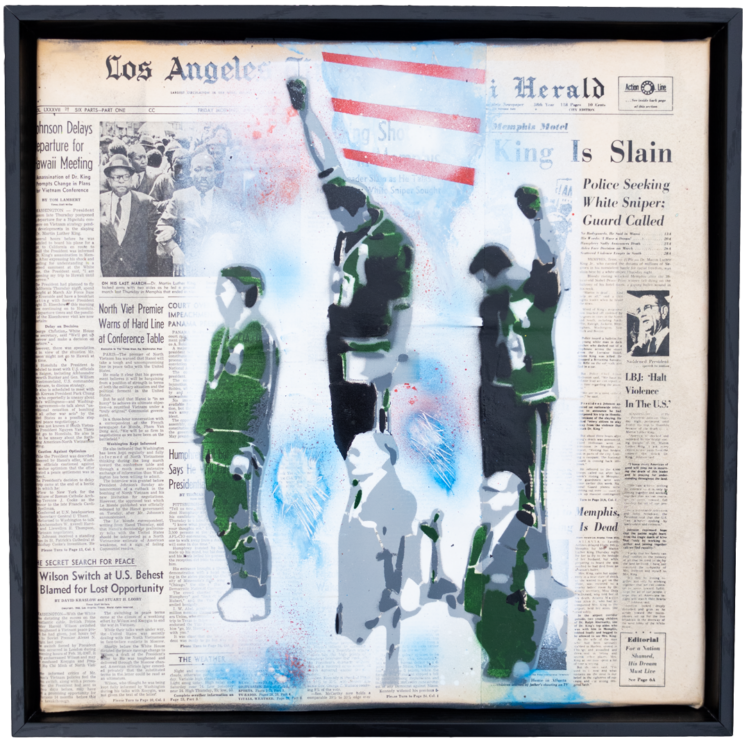
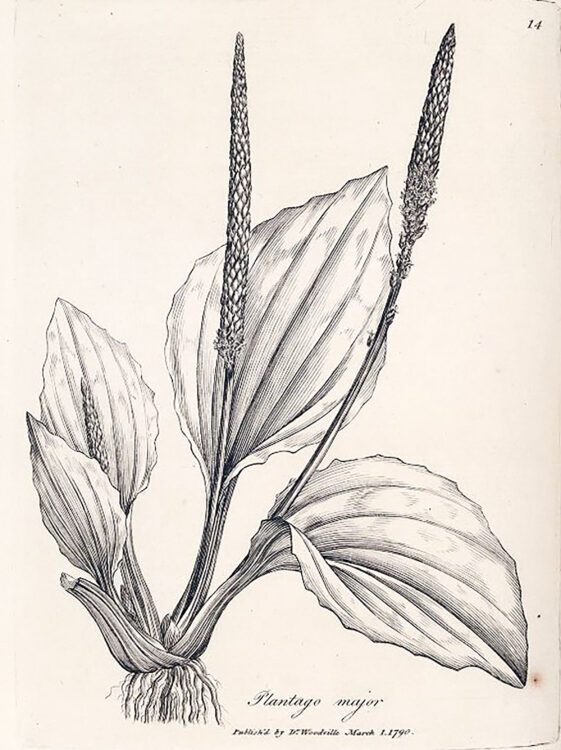
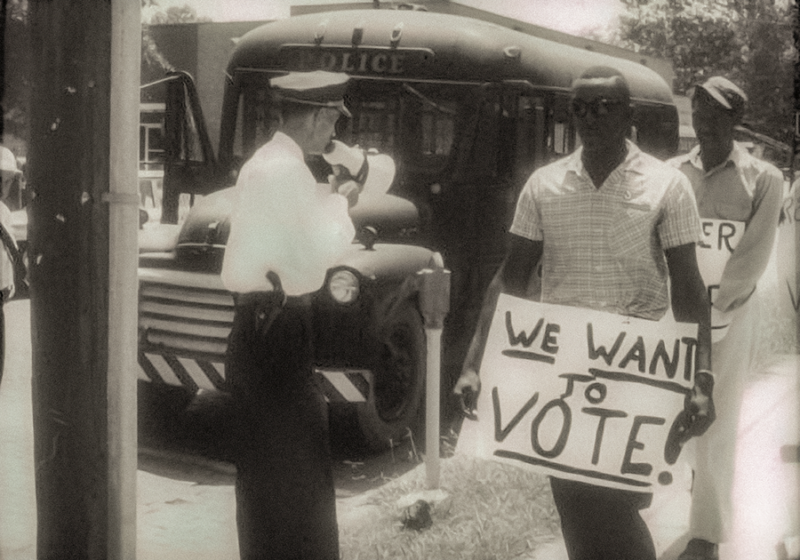

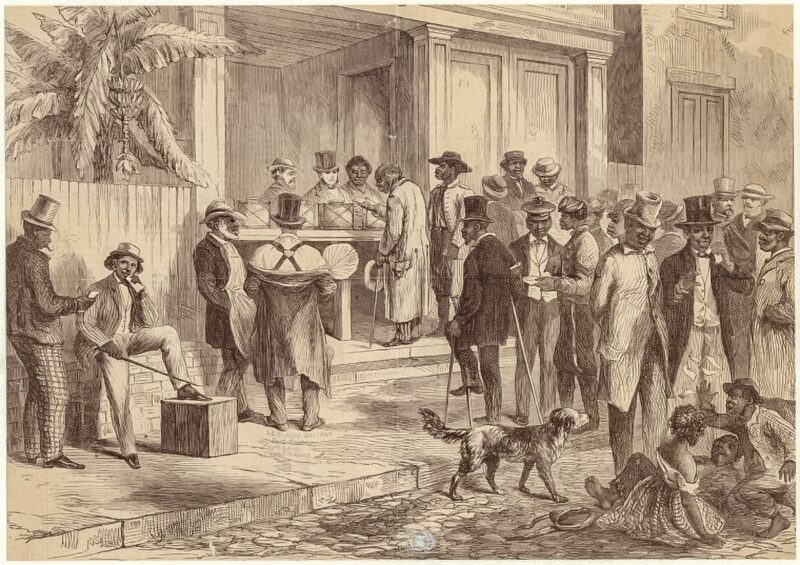
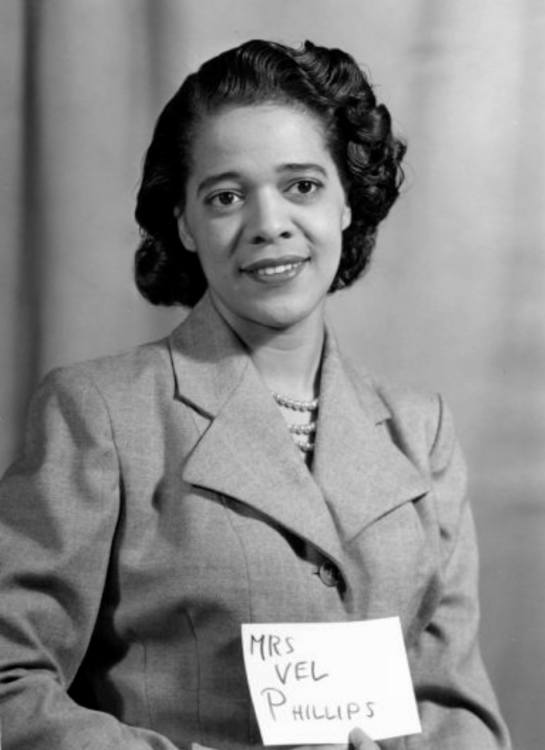
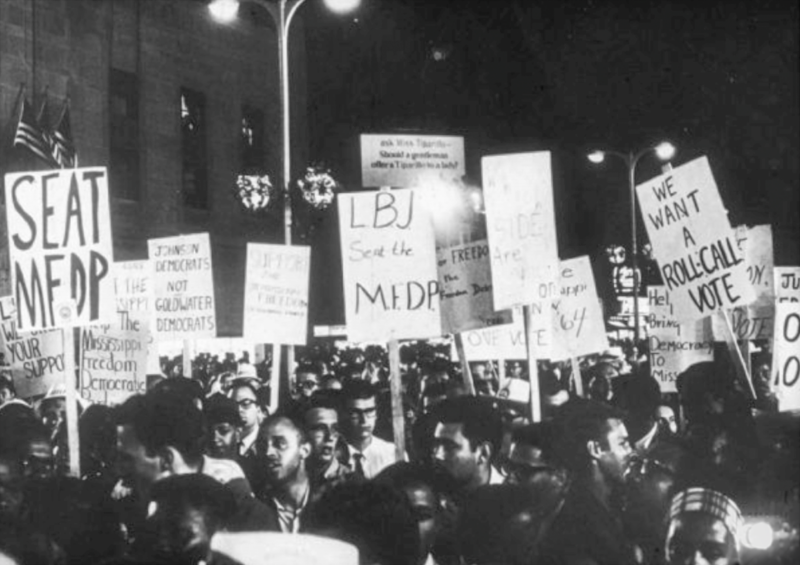
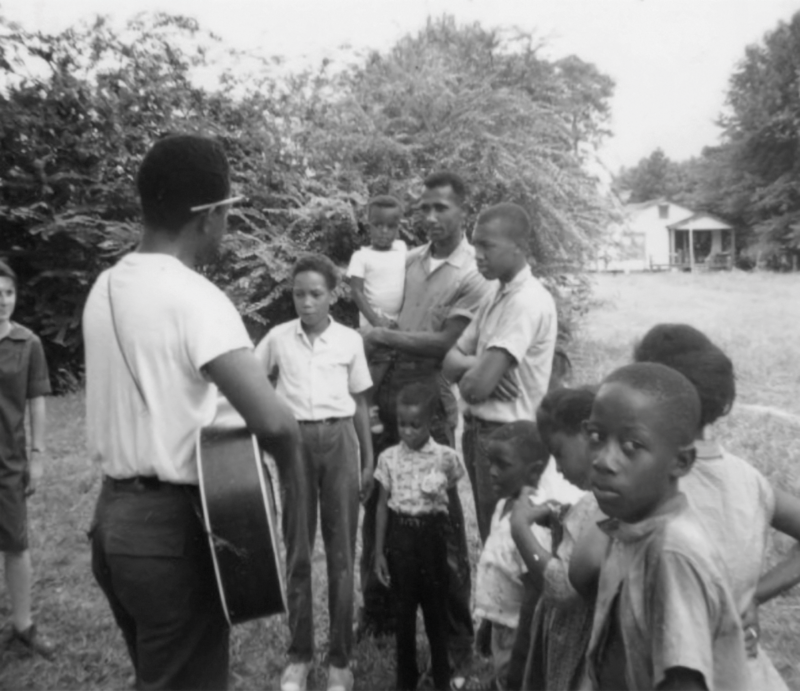
Comments Are Welcome
Note: We moderate submissions in order to create a space for meaningful dialogue, a space where museum visitors – adults and youth –– can exchange informed, thoughtful, and relevant comments that add value to our exhibits.
Racial slurs, personal attacks, obscenity, profanity, and SHOUTING do not meet the above standard. Such comments are posted in the exhibit Hateful Speech. Commercial promotions, impersonations, and incoherent comments likewise fail to meet our goals, so will not be posted. Submissions longer than 120 words will be shortened.
See our full Comments Policy here.